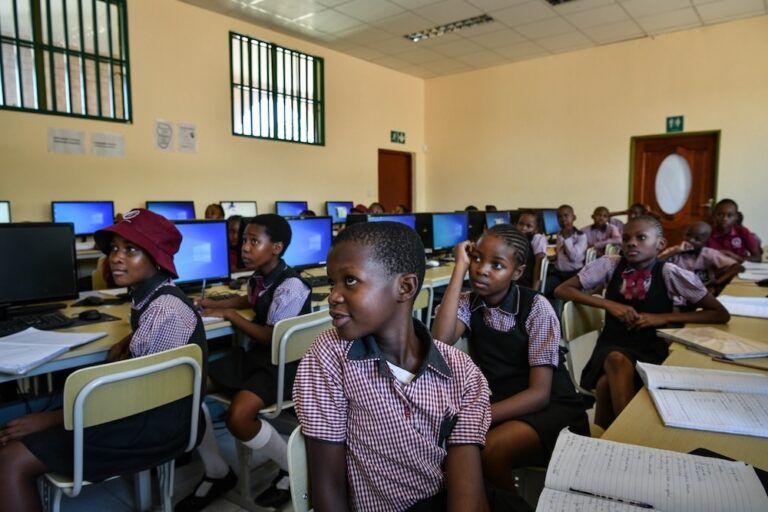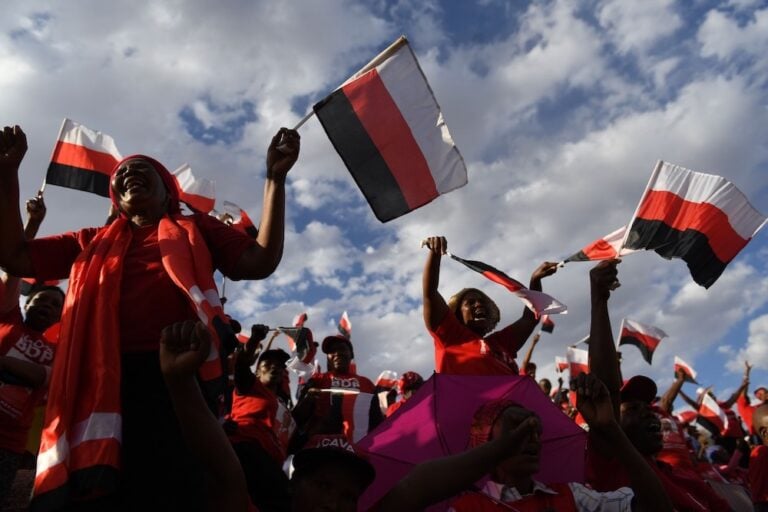(MISA/IFEX) – Deported University of Botswana political science lecturer Kenneth Good, now in London, is appealing the High Court judgement that allowed the government to expel him from the country on 1 June 2005, after he had been declared a “prohibited immigrant” in February. Good was forcibly removed from Botswana after the Lobatse High Court […]
(MISA/IFEX) – Deported University of Botswana political science lecturer Kenneth Good, now in London, is appealing the High Court judgement that allowed the government to expel him from the country on 1 June 2005, after he had been declared a “prohibited immigrant” in February.
Good was forcibly removed from Botswana after the Lobatse High Court dismissed his case challenging the deportation. His legal team of Dick Bayford, Duma Boko, and South African advocate Anton Katz has now filed a challenge with the Court of Appeal.
On 5 July, the Botswana Centre for Human Rights, Ditshwanelo, requested “amicus curiae” (friend of the court) status for the appeal, and was granted it. This gives Ditshwanelo the right to present arguments in favour of Good’s appeal. The organisation will be represented by local attorney Kgafela Kgafela and South African advocate Brian Spilg.
In a statement, Ditshwanelo explained that its legal team will address the issue of freedom of expression and question whether Good’s political views can legitimately be used as a basis to declare him a prohibited immigrant. The organisation will also question whether President Festus Mogae exceeded his powers in declaring Good a prohibited immigrant.
“As a political science lecturer at the University of Botswana, Kenneth Good regularly commented on the state of human rights and the need for responsible citizenship and good governance in Botswana. The government continually refuses to officially explain the reason for Good’s deportation, instead saying only that it was in the ‘national interest’,” Ditshwanelo stated.
“In an open and democratic society, limits on the state need to be clear and known by the people, to ensure the protection of the human rights of all. Ultimately, if the freedom of expression is threatened, democracy is in jeopardy,” Ditshwanelo added.


